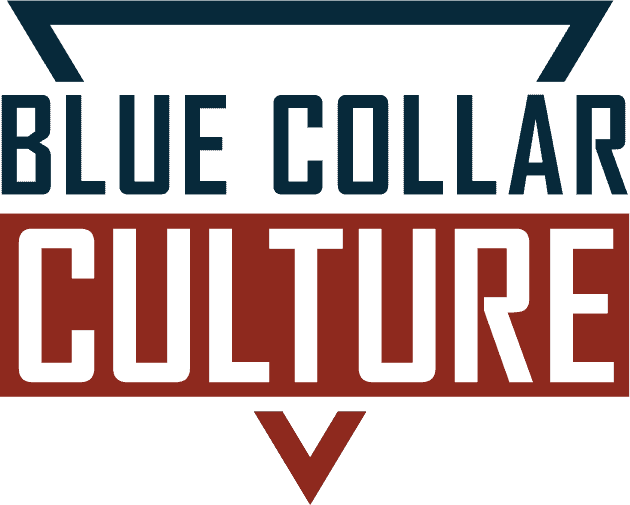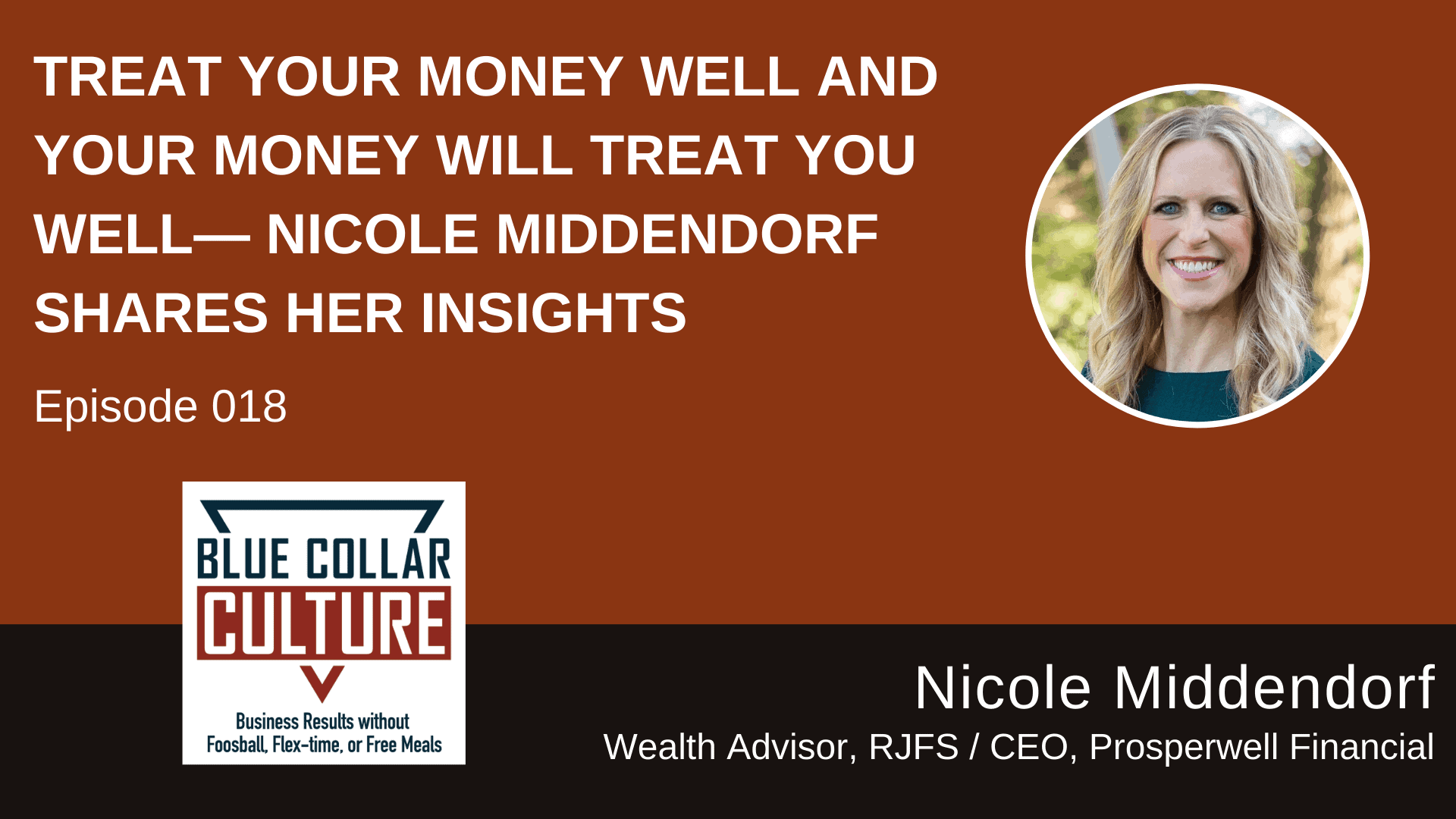On this week’s episode of the Blue Collar Culture Podcast, we sit down with wealth advisor Nicole Middendorf. Nicole graduated from St. Cloud State University with an International Business and Marketing degree and began her career in the finance industry with Morgan Stanley before moving on to open her own practice in 2003.
When asked about why she came up with the idea of the Live It List t, Nicole responds, “It’s not just helping someone get to retirement, or get their kids to college. It’s really about helping people figure out what’s important about life, and what experiences they want to have.”
We chat further with Nicole about the Live It List, as well as…
- The amazing results she has facilitated for her clients
- The specific problems she is helping her clients solve
- Myths about the finance industry
- How shifting your mindset about money can help you achieve your goals, ease stress and help you live the life you truly desire
- And more
Listen now…

